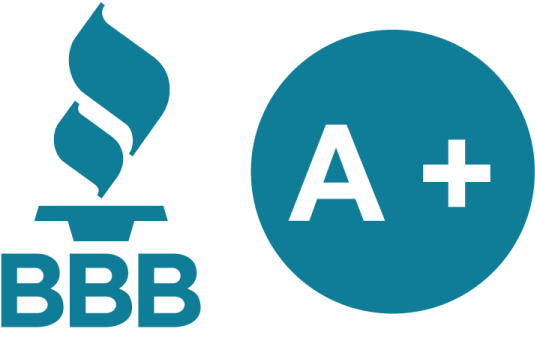OPEN INTERNET DISCLOSURE
Effective September 27, 2018
Washington Broadband, Inc. (“we”) provides broadband Internet access services primarily to rural subscribers. The following statement reviews our network management practices and the performance and commercial terms of our broadband Internet access service. This statement is provided to all 1) customers to make informed choices regarding their use of our services and for content, application, service and to all 2) device providers to develop, market and maintain Internet offerings.
OUR SERVICE AND PERFORMANCE
We deliver broadband Internet access service to customers primarily through fixed wireless, coaxial cable and fiber technologies. We own these transmission facilities and lease capacity for backhaul services. Based on our internal testing using speedtest data and other sources, a user’s expected and actual access speed and latency will vary based on network conditions, congestion, other users on the network, the number of devices attached to an access point and other factors. For example, maximum speeds and performance may be affected by the number of users on the network, the lack of clear line-of-sight to network access points or by seasonal changes such as foliage or other weather conditions. The expected access speed and latency, based on our internal testing, is on an “up to” basis for advertised speeds. On our wired connections, latency is not predicted to exceed 20 ms at least ___% of the time, while on our wireless connections, latency is not predicted to exceed 100ms at least __% of the time. We periodically monitor network characteristics such as uptime, latency and signal strength. Our service is designed to provide customers with Broadband Service with actual and expected download speeds as follows:
Service Package
Download Speeds (Mbps)
Upload Speeds (Mbps)
Expected Range
Actual Range
Expected Range
Actual Range
______ to _______
______ to _______
At least:
At least:
We offer end users additional services other than broadband Internet access services, such as Voice Over Internet Protocol (VOIP) and MyFI. Our VoIP services prioritize E-911 and emergency communications. MyFI is an application that allows customers to regulate access to the service remotely for purposes such as restricting children’s access at home. Such services may affect the amount of last-mile capacity available for and the performance of broadband Internet access service by [describe how]. In general, our higher-tier service plans (generally packages with download speeds in excess of 5 mbps) are suitable for real-time applications such as VOIP, but we also offer lower-speed tiers for customers who do not require higher-speed access. We will recommend different plans to users based on their anticipated needs, and we charge no installation or modification fees for subscribers who wish to change packages.
Services are provided subject to our Terms of Service.
Providing quality broadband service requires that we take steps to provide reasonable management of our network. Subject to reasonable network management, except as noted herein, we do not block lawful content, applications, services or non-harmful devices, nor do we degrade or impair access to
lawful Internet traffic on the basis of content, application, service, user or use of a non-harmful device. The purposes for such management are to optimize network capacity and to facilitate service delivery. We also have practices to monitor and prevent spam, viruses and other malicious content.
We have in practices designed to reduce or eliminate congestion on our networks. Multiple users share upstream and downstream bandwidth on our networks and when components of our network become over congested, we use technical solutions to expand our network and to add capacity. These are efforts are not specific to any particular types of traffic. In many cases, the end user’s experience is unaffected by these intermittent network upgrades, although in some instances customers may experience longer times to upload/download files, slower response times and the like longer times to download/upload
files, slower response during web surfing, lags in playing games online. Separately, we will reduce or eliminate customer access when our monitoring systems indicate that a customer’s account has been compromised or exploited.
We have no practices that directly or indirectly favor some traffic over other traffic (such as through the use of techniques such as traffic shaping, prioritization or resource reservation) to benefit an affiliate or in exchange for consideration (monetary or otherwise).
We don’t address application-specific behavior in our network practices. We have no restrictions on the types of devices and any approval procedures for devices to connect to our network, although we maintain ownership of the CPE to assure that it is FCC-approved and we allow customers to lease our router or buy their own. We do require customers to secure their routers through password protection. We do not block or rate-control specific protocols or protocol ports, and we do not modify protocol fields in ways not prescribed by the protocol standard. We also don’t otherwise inhibit or favor certain applications or classes of applications.
We take seriously our commitment to security of our network and of service to end users. To advance this goal, we engage in practices used to facilitate such security, such as the use of private networks and recommending password protection for routers. We also have internal security protection for our company’s staff to limit network access. We do require customers to secure their routers through password protection.
COMMERCIAL TERMS
INTERNET SERVICES



